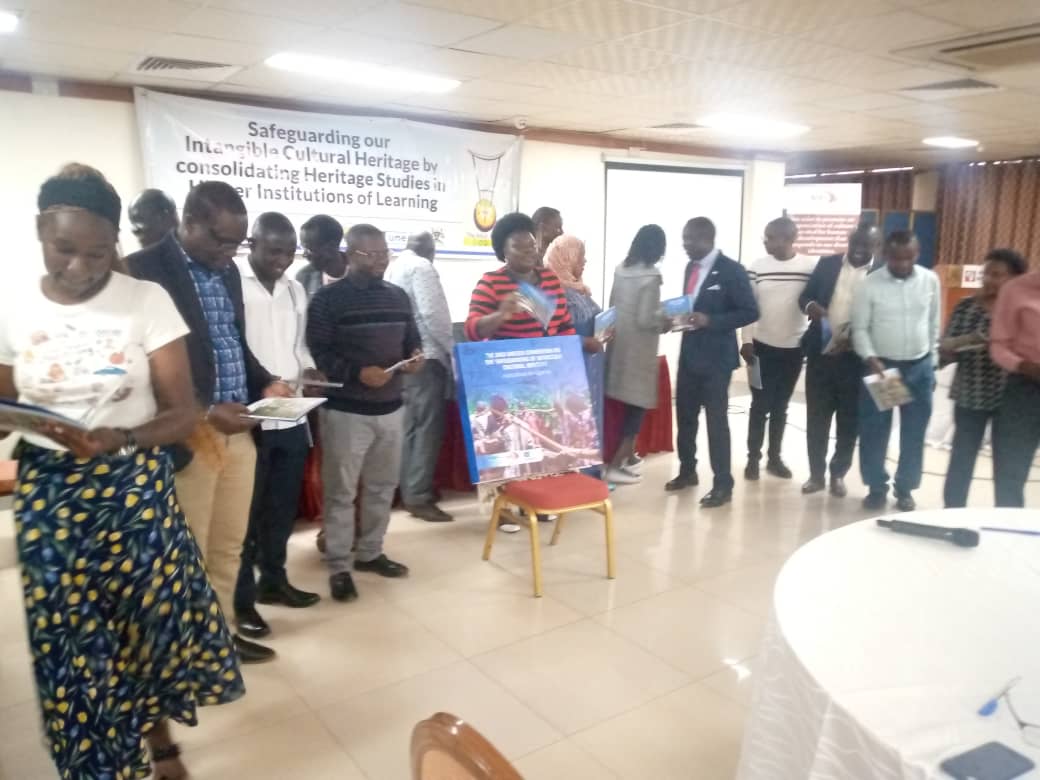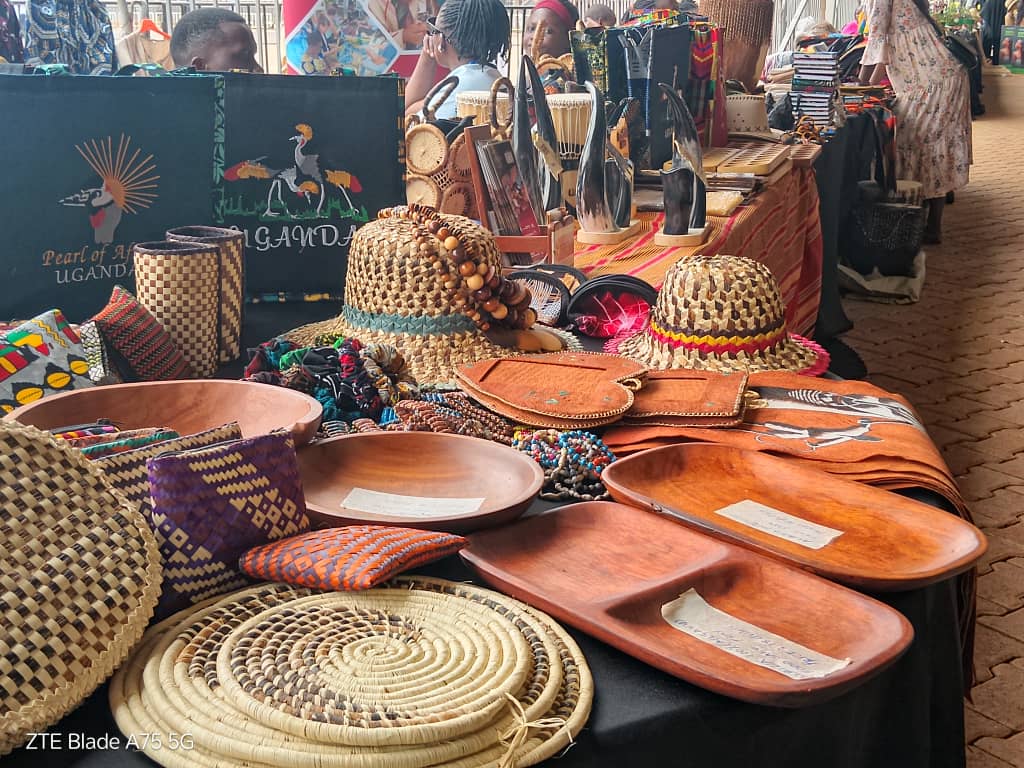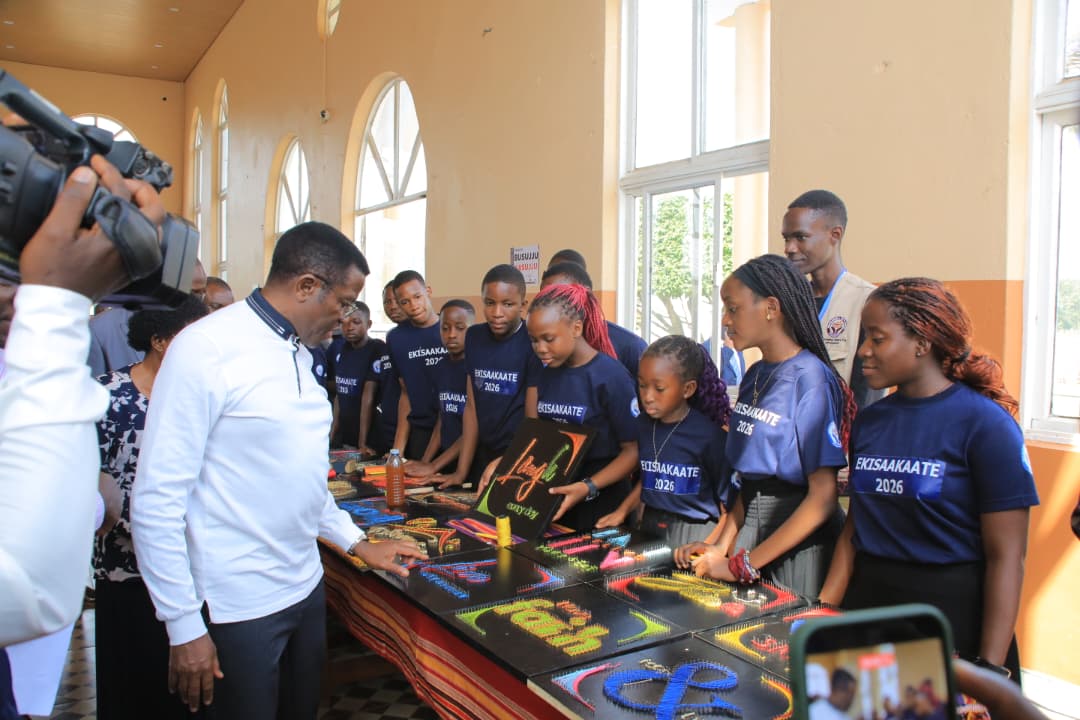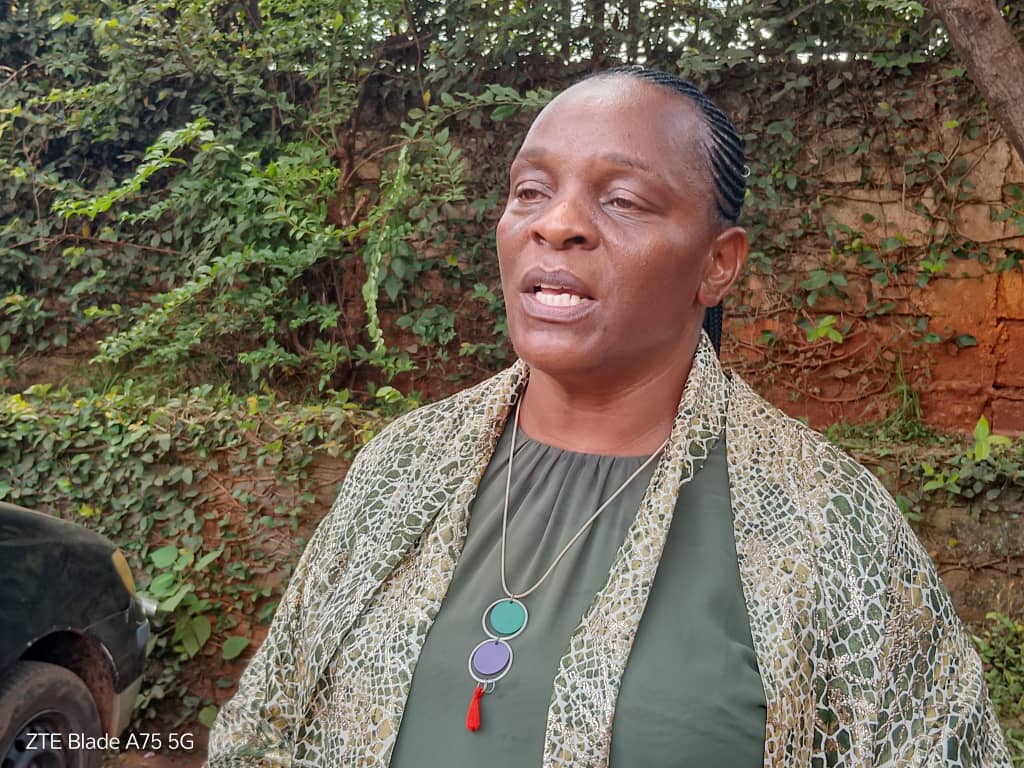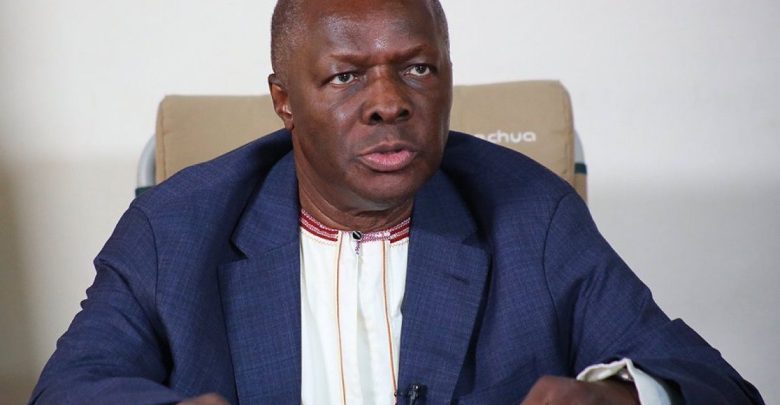Cultural activisists from community groups, government, universities, and local communities have called for the preservation of Uganda’s intangible cultural heritage. The call was made at a national dialogue organized by the Cross-Cultural Foundation of Uganda (CCFU) with support from UNESCO.
The major focus of debate was the UNESCO 2003 Convention, which Uganda joined in 2009. This convention helps protect living traditions like storytelling, music, rituals, and traditional crafts.
They discussed how to keep Uganda’s cultural traditions alive and relevant. Intangible cultural heritage includes things like oral stories, dances, and traditional knowledge passed down through generations.
Uganda has one cultural practice, barkcloth making, recognized globally by UNESCO. Five other traditions, such as Bigwala music from Busoga and the Empaako naming ceremony, are listed as needing urgent protection. Six Ugandan organizations, including CCFU and the Uganda Community Museums Association (UCOMA), are accredited by UNESCO to help preserve these traditions.
Barbra Babweteera, CCFU’s Executive Director, said safeguarding cultural heritage strengthens identity and supports sustainable development. However, challenges like limited funding and lack of integration with sectors like agriculture or tourism remain. She hopes the dialogue will encourage more support for communities to preserve their heritage.
“This dialogue is timely for Uganda. It will not only raise awareness of the 2003 Convention but also mobilise stakeholders to support communities in preserving and transmitting their heritage for future generations,” Babweteera said.
Dr. Dominic Mundrugo Ogo-Lali, the Deputy Secretary General at UNESCO Uganda said Uganda’s diverse culture can address modern issues like education and climate change. He emphasized UNESCO’s commitment to helping Uganda strengthen policies and resources to protect its heritage.
“Uganda’s cultural diversity is one of its greatest strengths,” said Dr Mundrugo.
“Through the 2003 Convention, communities are not only preserving traditions but also using them to address modern challenges such as education, climate change, and livelihoods. UNESCO remains committed to supporting Uganda in strengthening policies, building capacities, and mobilising resources to ensure that living heritage continues to thrive for generations to come.”
Abraham Kitawulwa, the chairperson of the Uganda Community Museums Association (UCOMA), explained that community museums play a big role in sharing traditions with younger generations through storytelling and exhibitions. These efforts help keep cultural practices like traditional music and herbal medicine alive.
The participants at the dialogue also explored how Uganda can use the UNESCO Convention to gain technical support and international partnerships.
Since 2017, CCFU has worked with UNESCO to promote cultural heritage in universities like Kyambogo and Kabale. This led to the creation of a Bachelor of Cultural Studies program, raising awareness about the importance of cultural heritage in Uganda’s development.



